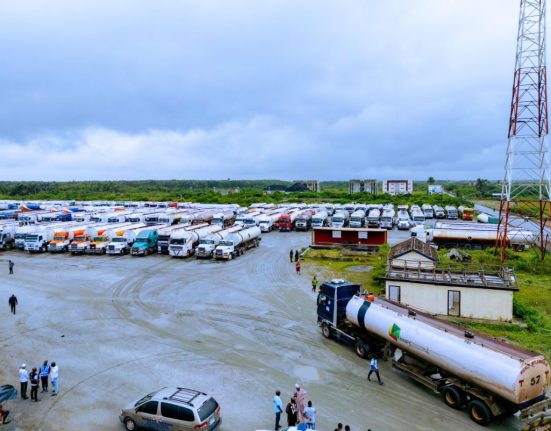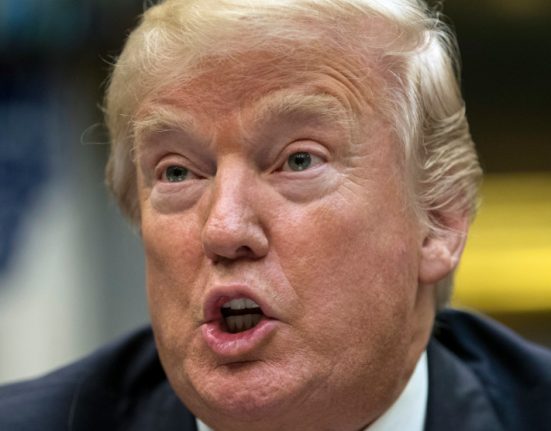The Managing Director of Lanre Shittu Motors (LSM), Mr. Taiwo Shittu, has made a passionate appeal to the Federal Government to urgently revive and legislate Nigeria’s automotive policy, warning that the nation’s auto industry cannot survive or attract serious investment without a solid and consistent framework. Speaking in a detailed interview, Shittu expressed optimism about the future of Nigeria’s auto sector, but insisted that only the right policies backed by law can drive the expected transformation.
Mr. Shittu noted that the global truck market, including Nigeria’s, is undergoing a significant shift, with Chinese brands now dominating due to affordability, durability, and improved engineering. According to him, while Western-manufactured trucks remain solid, they have become economically unsustainable for many Nigerian businesses. A single Western truck, he explained, costs nearly four times more than its Chinese counterpart, prompting a natural pivot to the Asian brands. He maintained that this was no longer about perception but performance, as the Chinese vehicles are already proving their worth on Nigerian roads and internationally.
Reflecting on Lanre Shittu Motors’ strategic decision over a decade ago to align with Chinese brands, Shittu described it as a visionary move driven by deep analysis of the Nigerian economy, the weakening naira, and global inflation trends. He said that in a climate where economic conditions keep tightening, value-for-money becomes the primary concern for fleet operators and logistics firms, hence the rise of the Chinese truck market.
He attributed LSM’s recent industry award to the enduring legacy of his late father, Alhaji Razaq Olanrewaju Shittu, who he described as a visionary with an unmatched passion for the automobile sector. He said the award is both an honour and a challenge, pushing him to continue building on the solid foundation laid by the company’s founder. Shittu acknowledged the support of his family and the entire LSM team in sustaining the legacy and driving innovation in Nigeria’s auto space.
On the pressing challenges affecting local automobile assemblers, Shittu was frank in his assessment. He lamented that despite being capital-intensive, the auto sector lacks adequate support in terms of waivers, policy incentives, and infrastructure from government. He decried the unfair competition posed by “briefcase dealers” who import fully built vehicles without any commitment to after-sales services, customer support, or workshop structures, yet compete in the same market with established assemblers.
He strongly advocated for the return of the Nigerian automotive policy with robust legislative backing, stating that this would give confidence to Original Equipment Manufacturers (OEMs) to invest in Nigeria. He cited the example of Ghana’s representation in the African Association of Automotive Manufacturers (AAAM) and stressed that Nigeria, being the largest economy in West Africa, should not be missing from that table.
Highlighting the efforts of President Bola Ahmed Tinubu’s administration to industrialise Nigeria, Shittu praised the push for Compressed Natural Gas (CNG) vehicles and disclosed that LSM is actively supporting the rollout. The company, he said, has already converted several buses to run on CNG, including airport shuttle buses, under the PI-CNG initiative. However, he urged the federal government to extend existing waivers enjoyed by CNG and electric vehicle assemblers to other SKD (semi-knocked down) and CKD (completely knocked down) assemblers in order to immediately slash vehicle prices by as much as 17.5 percent.
Shittu argued that such waivers would lead to the revival of dormant plants and stimulate job creation across the country. He called on the National Assembly to step up its legislative support to the automotive industry and ensure lasting policies that give genuine investors the assurance that their long-term investments will not be undermined by policy reversals.
He also tackled the issue of auto financing in Nigeria, stating that many banks have grown cold towards vehicle loan schemes due to past experiences where borrowers defaulted. While some institutions still partner with LSM on limited financing programs, he admitted that the volume of financing has dropped compared to previous years.
Addressing Nigeria’s place in the regional auto market, the LSM boss reiterated that the country has the capacity to serve as the auto hub for the entire West African sub-region. He expressed regret that without proper legislation and policy consistency, this potential will remain untapped. He said OEMs are willing to come in, but only if Nigeria guarantees a level playing field and return on investment.
Providing an update on LSM’s expansion, Shittu revealed that the company is building a massive new auto assembly plant, ten times larger than the existing one at Amuwo Odofin in Lagos. He said the plant, which sits on a 40,000-square metre space, is expected to be completed and launched before the end of the year. According to him, this expansion is a testament to LSM’s belief in Nigeria’s future and commitment to local assembly.
He emphasized that the LSM brand is now active in the commercial segment of the market, particularly with CNG-powered and high-capacity buses. He explained that the goal is not just to sell vehicles but to build sustainable mobility solutions that support Nigeria’s industrialisation.
Finally, Shittu maintained that there is hope for the Nigerian auto industry, but only if the government, policymakers, and key stakeholders act with foresight. He urged the authorities to be firm in distinguishing between serious investors and short-term traders, and to use institutions like the National Automotive Design and Development Council (NADDC) to enforce standards. With the right policies, he concluded, Nigeria can lead Africa’s automotive transformation.







